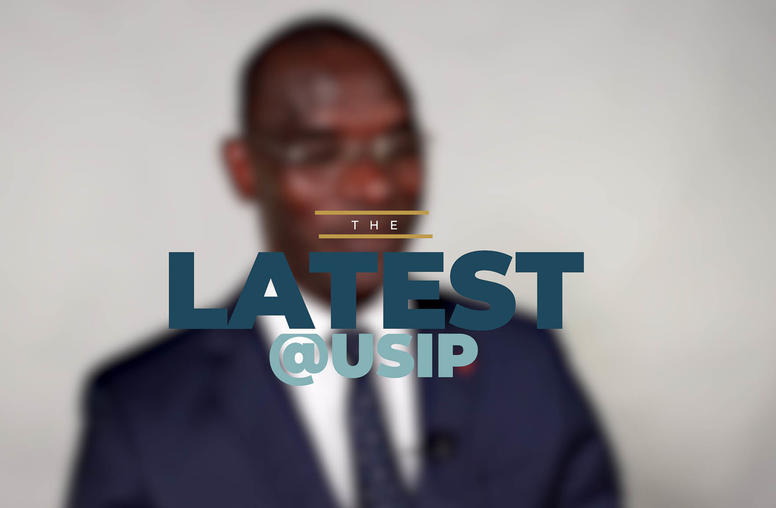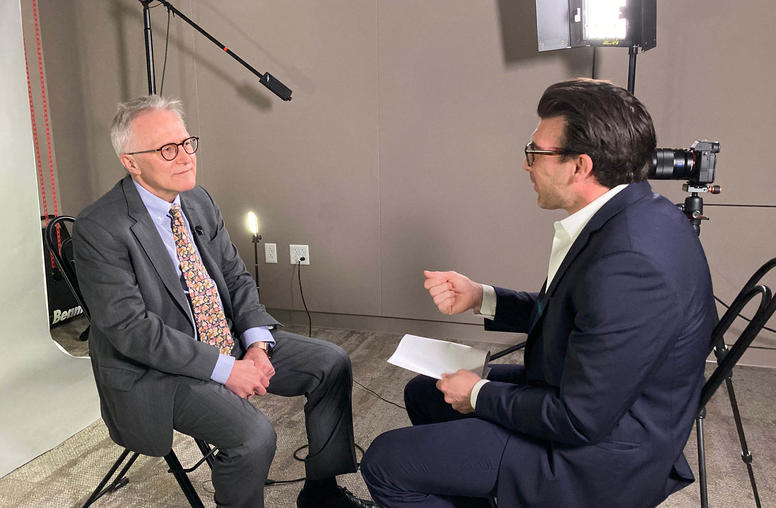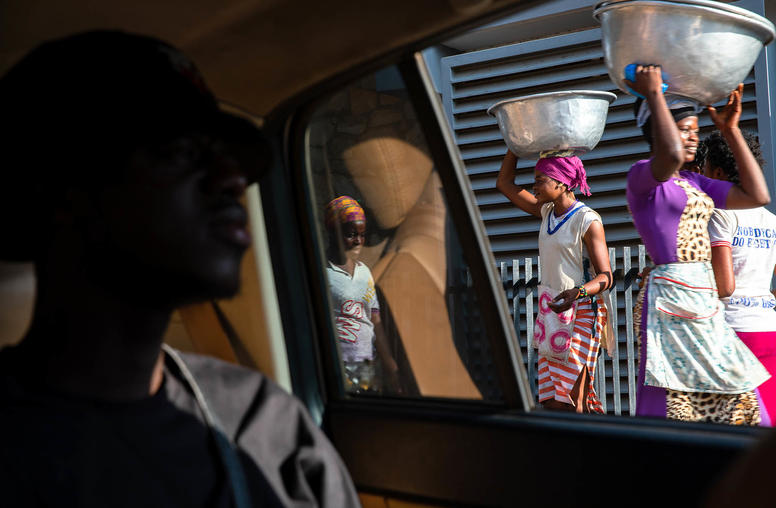Cote d'Ivoire and the Crisis of Elections in Africa
Cote d'Ivoire is at an impasse following the November 28 presidential run-off election between incumbent President Laurent Gbagbo and opposition leader Alassane Ouattara. Panelists will discuss current developments in Cote d'Ivoire and their potential impact on efforts to organize credible elections in Africa.
Cote d'Ivoire is at an impasse following the November 28 presidential run-off election between incumbent President Laurent Gbagbo and opposition leader Alassane Ouattara. While the electoral commission announced that Ouattara had won with 54 percent of the voted compared to Gbagbo's 46 percent, the constitutional council later declared new results that nullified over 600,000 votes and declared Gbagbo the winner with 51 percent to Ouattara's 48 percent.
As stipulated in the peace accords that ended the civil war and the U.N. mandate to resolve the Ivorian crisis, the U.N. Secretary General's Special Representative for Cote d'Ivoire validated the election commission's preliminary results, proclaiming Ouattara the winner. The former rebel movement (the northern based New Forces) immediately pledged allegiance to Ouattara, who promptly appointed their leader (and Gbagbo's former prime minister) Guillaume Soro as his prime minister and minister of defense. The country's military, on the other hand, continues to back Gbagbo.
So far, African countries, the United States and the European Union have recognized Ouattara as president-elect, and the Economic Community of West African States and the African Union have suspended Cote d'Ivoire. With Gbagbo still at the state house and in control of the military and stat-controlled media, today's Cote d'Ivoire is a country with two presidents, two prime ministers, two lists of cabinet ministers, two armies, and a very anxious population.
Panelists will discuss current developments in Cote d'Ivoire and their potential impact on efforts to organize credible elections in Africa.
Panelists:
- Christopher Fomunyoh
Senior Associate Director
National Democratic Institute - Jennifer Cooke
Director, Africa Program
Center for Strategic and International Studies - David Pottie
Associate Director
The Carter Center - Dorina Bekoe
Senior Research Associate, Africa
U.S. Institute for Peace - Dominique Dieudonné
Program Officer
National Endowment for Democracy
Explore Further
- Learn more about the USIP Initiative Managing Political Transitions in Africa



